Vitamin D cuts risk of dying from cancer
Overview of studies finds significant fall in risk of deadly disease
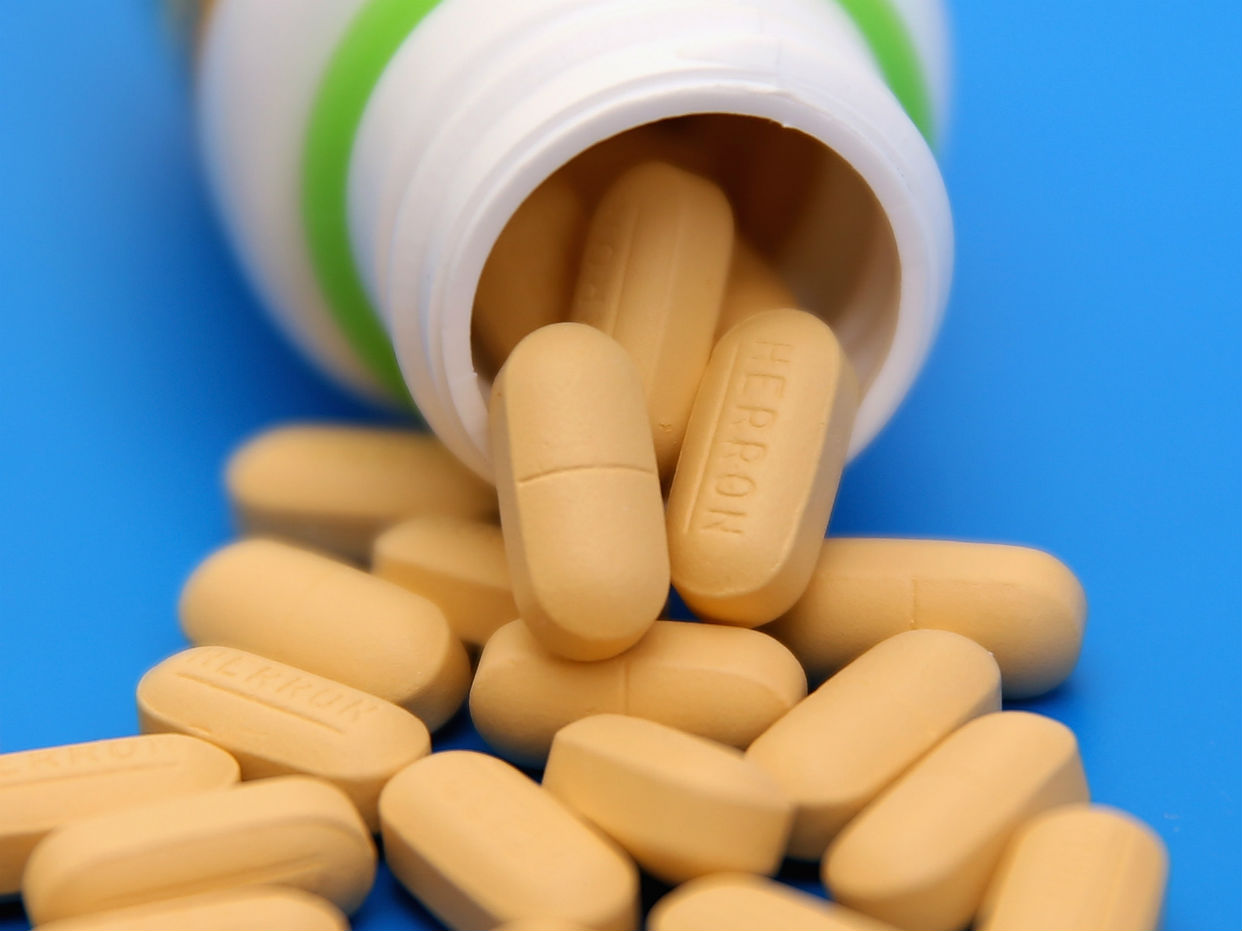
A free daily email with the biggest news stories of the day – and the best features from TheWeek.com
You are now subscribed
Your newsletter sign-up was successful
Taking vitamin D supplements reduces the risk of dying from cancer by 13%, according to an overview of studies presented at the American Society of Clinical Oncology conference in Chicago.
Many people are not receiving enough of the vitamin from sunshine, thanks to modern lifestyles which see people spend more time indoors. A fifth of Britons are estimated to have low levels, which could be harming their ability to fight cancer.
Hear to The Week discuss the importance of vitamin D on The Week Unwrapped podcast:
The Week
Escape your echo chamber. Get the facts behind the news, plus analysis from multiple perspectives.

Sign up for The Week's Free Newsletters
From our morning news briefing to a weekly Good News Newsletter, get the best of The Week delivered directly to your inbox.
From our morning news briefing to a weekly Good News Newsletter, get the best of The Week delivered directly to your inbox.
A study involving 79,000 healthy adults found taking a vitamin D supplement for at least three years was associated with a 13% fall in the risk of dying from any form of cancer later in life.
In a separate study, Dr Shifeng Mao, from the Allegheny Health Network Cancer Institute in Pittsburgh, reported findings showing that people who were deficient in vitamin D were more than twice as likely to develop pancreatic cancer and also had a higher risk of bowel cancer.
A third study found taking a daily tablet along with a statin was linked to a reduction in deaths from prostate cancer of almost 40%.
Vitamin D is produced naturally when the skin is exposed to the sun. It can also be obtained by eating liver, eggs, red meat or oily fish. But many people neither eat sufficient quantities of these foods nor manage to get sufficient sunshine, particularly during winter.
A free daily email with the biggest news stories of the day – and the best features from TheWeek.com
As Professor Daniel Bikle, of the University of California San Francisco, said: “In places such as the UK, there is not enough sun all year round, so supplements in winter are necessary.”
However, Dr Rachel Shaw, of Cancer Research UK, said that although “vitamin D may improve prognosis” for those with cancer, “more research is required”.
Last year there was controversy over how beneficial Vitamin D is. The BBC said: “Some say they keep bones healthy and help ward off colds and flu, while others argue they are a waste of money.”
Public Health England says that eating a healthy balanced diet and enjoying short bursts of sunshine will mean most people get all the vitamin D they need in the spring and summer.
-
 6 of the world’s most accessible destinations
6 of the world’s most accessible destinationsThe Week Recommends Experience all of Berlin, Singapore and Sydney
-
 How the FCC’s ‘equal time’ rule works
How the FCC’s ‘equal time’ rule worksIn the Spotlight The law is at the heart of the Colbert-CBS conflict
-
 What is the endgame in the DHS shutdown?
What is the endgame in the DHS shutdown?Today’s Big Question Democrats want to rein in ICE’s immigration crackdown
-
 The truth about vitamin supplements
The truth about vitamin supplementsThe Explainer UK industry worth £559 million but scientific evidence of health benefits is ‘complicated’
-
 Covid-19 mRNA vaccines could help fight cancer
Covid-19 mRNA vaccines could help fight cancerUnder the radar They boost the immune system
-
 Deadly fungus tied to a pharaoh's tomb may help fight cancer
Deadly fungus tied to a pharaoh's tomb may help fight cancerUnder the radar A once fearsome curse could be a blessing
-
 'Poo pills' and the war on superbugs
'Poo pills' and the war on superbugsThe Explainer Antimicrobial resistance is causing millions of deaths. Could a faeces-filled pill change all that?
-
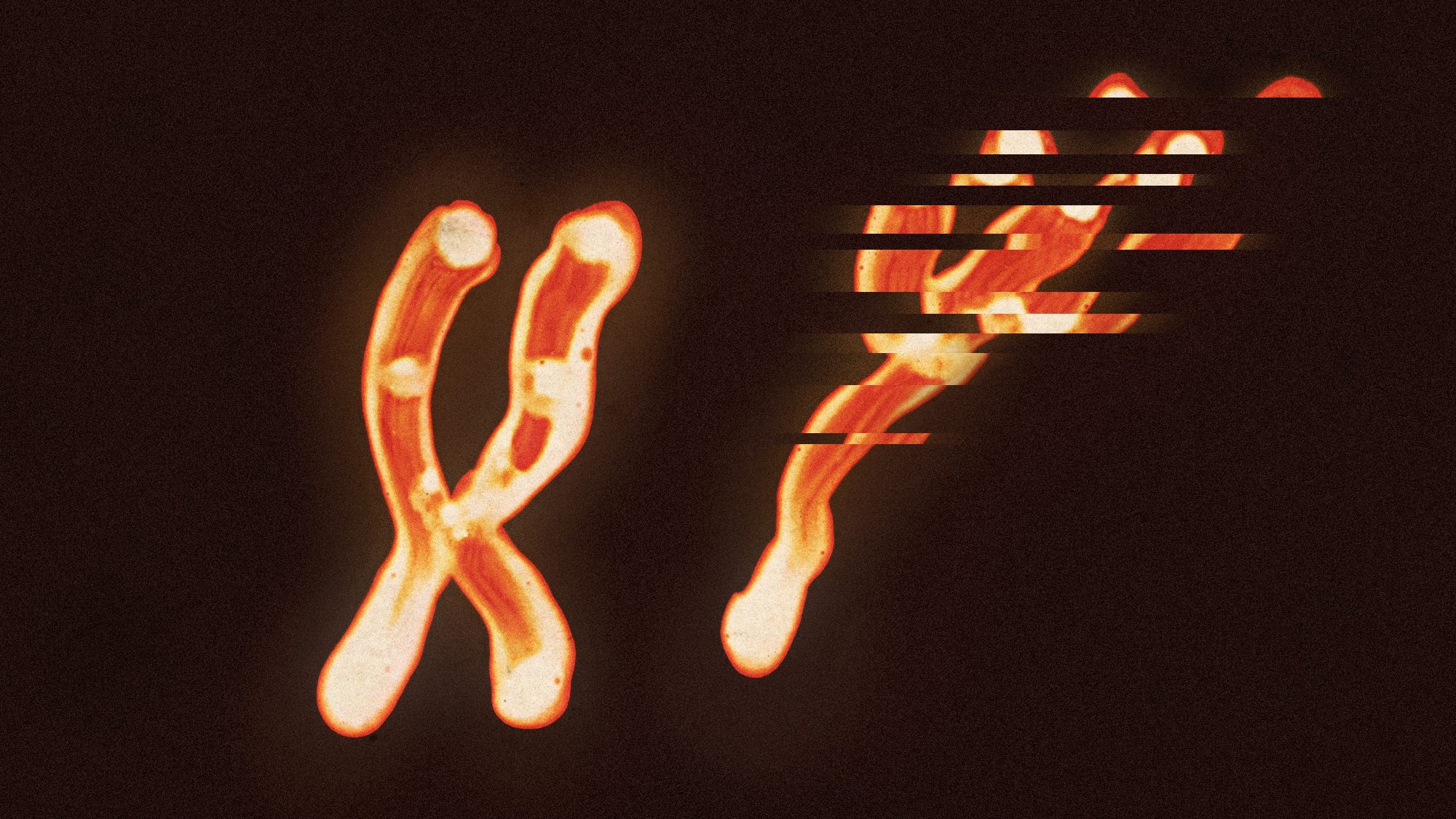 The Y chromosome degrades over time. And men's health is paying for it
The Y chromosome degrades over time. And men's health is paying for itUnder the radar The chromosome loss is linked to cancer and Alzheimer's
-
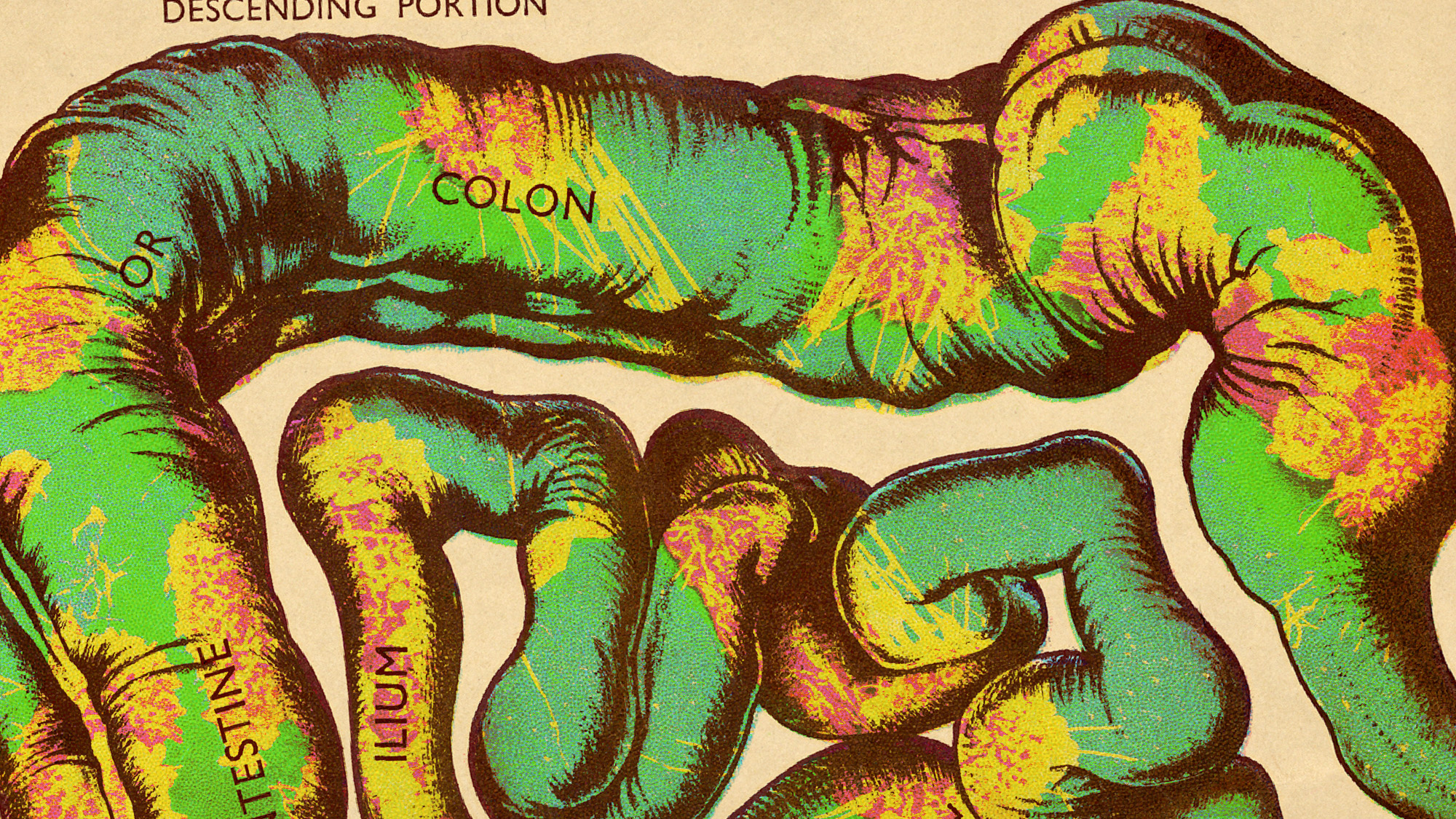 A bacterial toxin could be contributing to the colorectal cancer rise in young people
A bacterial toxin could be contributing to the colorectal cancer rise in young peopleUnder the radar Most exposure occurs in childhood
-
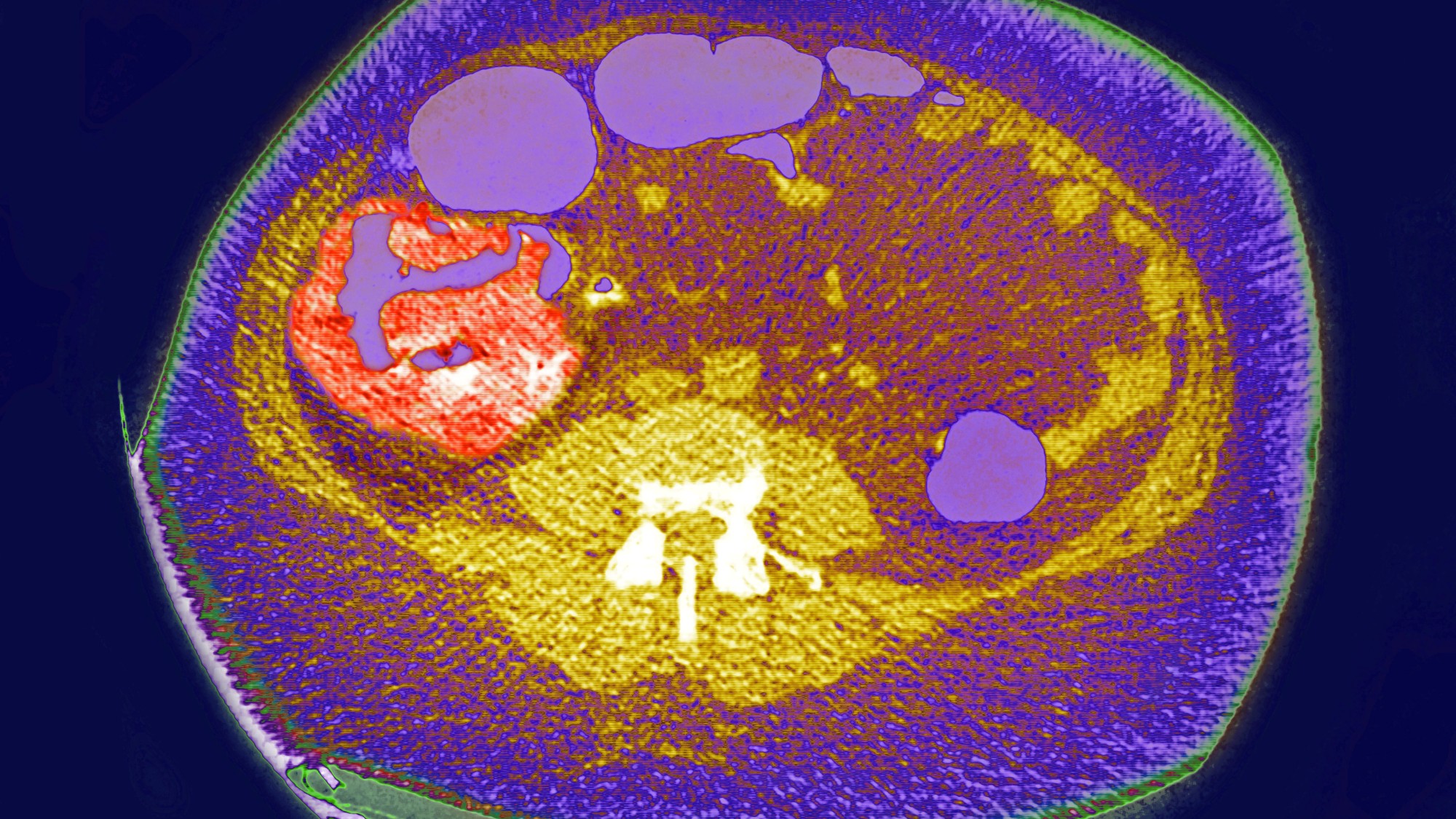 Why are more young people getting bowel cancer?
Why are more young people getting bowel cancer?The Explainer Alarming rise in bowel-cancer diagnoses in under-50s is puzzling scientists
-
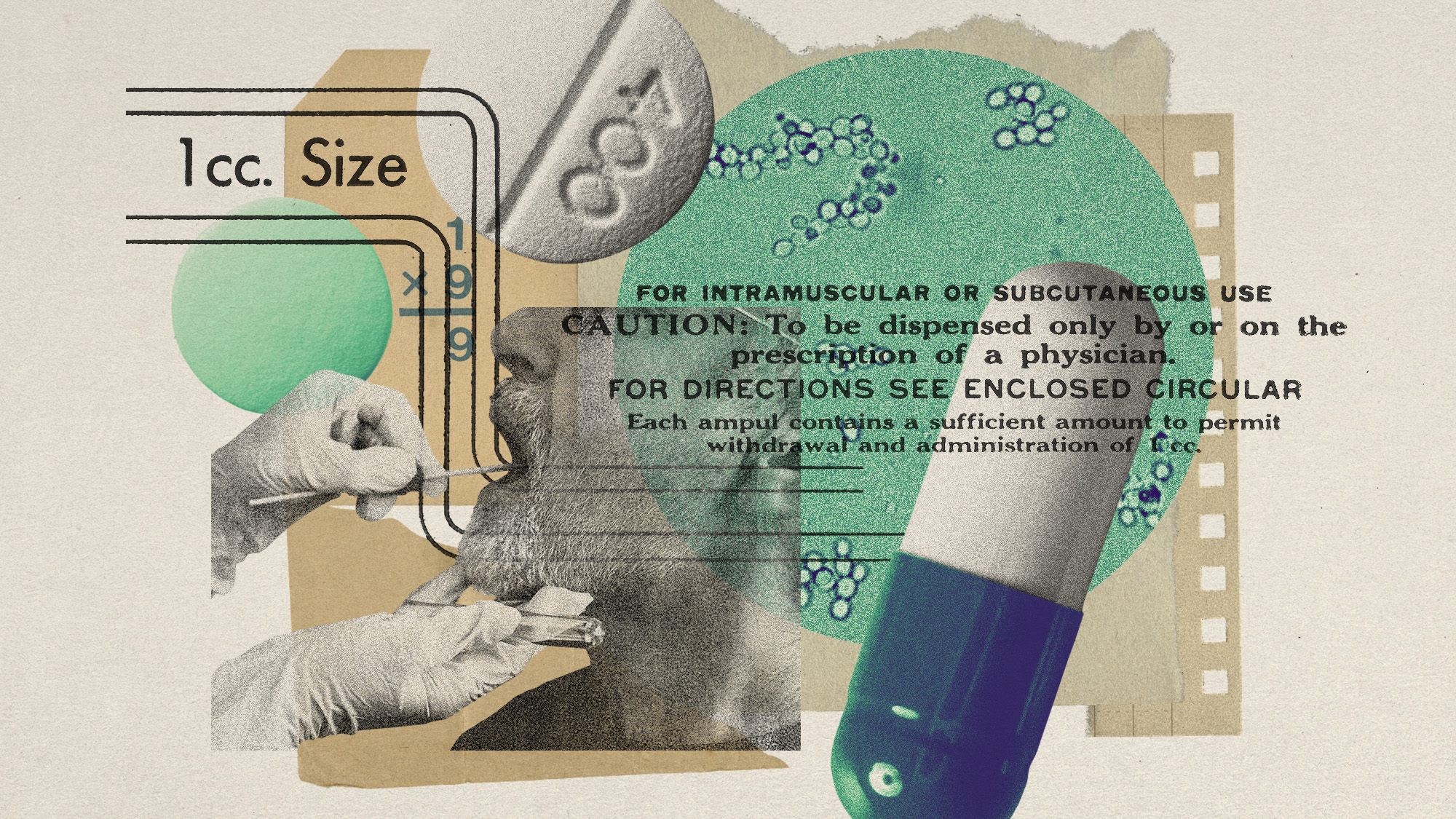 Five medical breakthroughs of 2024
Five medical breakthroughs of 2024The Explainer The year's new discoveries for health conditions that affect millions